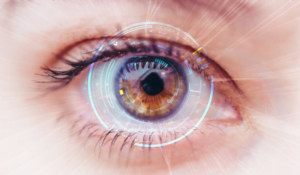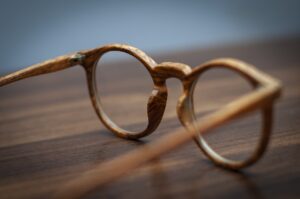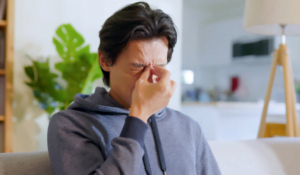
The notion that the color green could improve eyesight has long captured people’s attention. Green’s attractiveness has given rise to rumors about its potential visual advantages because it is connected to nature and frequently associated with regeneration and relaxation. Although there isn’t any solid scientific proof to back up the idea that green can actually help eyesight, there are a number of hypotheses that try to explain why this myth endures.
- Recognizability in Nature: According to one theory, the fact that green is so common in the natural world has made our eyes more used to it. As a result, we could find it simpler to concentrate on and clearly notice green items. This notion is intriguing, but there isn’t any concrete data to support it.
- The Mind’s Ability to Calm: There is speculation that green may have a calming impact on the brain due to its link with serenity and tranquillity. This potential soothing effect might then enhance our focus and attention span. Like previous theories, this one is still only a theory.
- Calming the Muscles of Focus: An intriguing theory contends that looking at greenery enables one to gaze into the distance, relaxing the eye’s concentrating muscles in the process. This visual break may give the eyes a brief breather by preventing near-point visual tasks like reading or utilizing digital devices.
- Symbolism in the Healthcare Industry: Strangely, a lot of well-known eye physicians all over the world are known to wear green scrubs. While it’s possible that this is just a coincidence, the symbolism of the color green, which is related to harmony and health, may have unintentionally impacted the choice of clothing.
Conclusion: A Secure, Gentle Pleasure
There is no disputing the appeal of colors and their psychological effects on our well-being, even though the scientific evidence does not support the concept that green directly improves eyesight. Enjoy this mild pleasure if gazing at green scenery or things makes you feel at ease and relaxed. After all, a calm frame of mind and relaxation may indirectly help the general health of the eyes.
In conclusion, there is no scientific evidence to support the notion that the color green helps enhance vision. Green’s connection to nature, serenity, and well-known eye physicians, however, continues to pique people’s interest. Accept the beauty of green, and if it calms your eyes and mind, enjoy that tranquility. While green might not magically improve your vision, the tranquility it gives can undoubtedly be a welcome soother of the soul.
Frequently asked questions
There is no proof in science to back up the claim that any particular color helps enhance vision. But surrounding yourself with calming hues could make you feel better all around.
It has been established that colors have an impact on mood and emotions. Different hues can elicit different emotions and sensations.
While eye exercises may aid in reducing eye strain and fatigue, their ability to repair refractive errors or serious vision problems is limited. For specific advice, speak with an eye care specialist.
Follow a healthy diet, wear sunglasses to shield your eyes from UV rays, take frequent breaks from using digital gadgets, and get regular eye exams to keep your eyes healthy.
Green light may have less of an impact on sleep than blue light at night. To promote good sleep patterns, it is still advisable to limit light exposure before bedtime.





Recent Articles:

Alleviating Digital Eye Strain: Tips for Screen Users

The Truth About Seeing in the Dark

The Myth of Green Improving Eyesight

The Dangers of Looking Directly at the Sun

The Risks of Using Smartphones in the Dark on Eye Health

An Examination of Visual Phenomena for “Ghost Images”




